Resources
Including (1) WASH-related knowledge-sharing products like policies, reports, and case studies compendium in CAREC countries, (2) WASH capacity-building materials like training toolkits and courses.
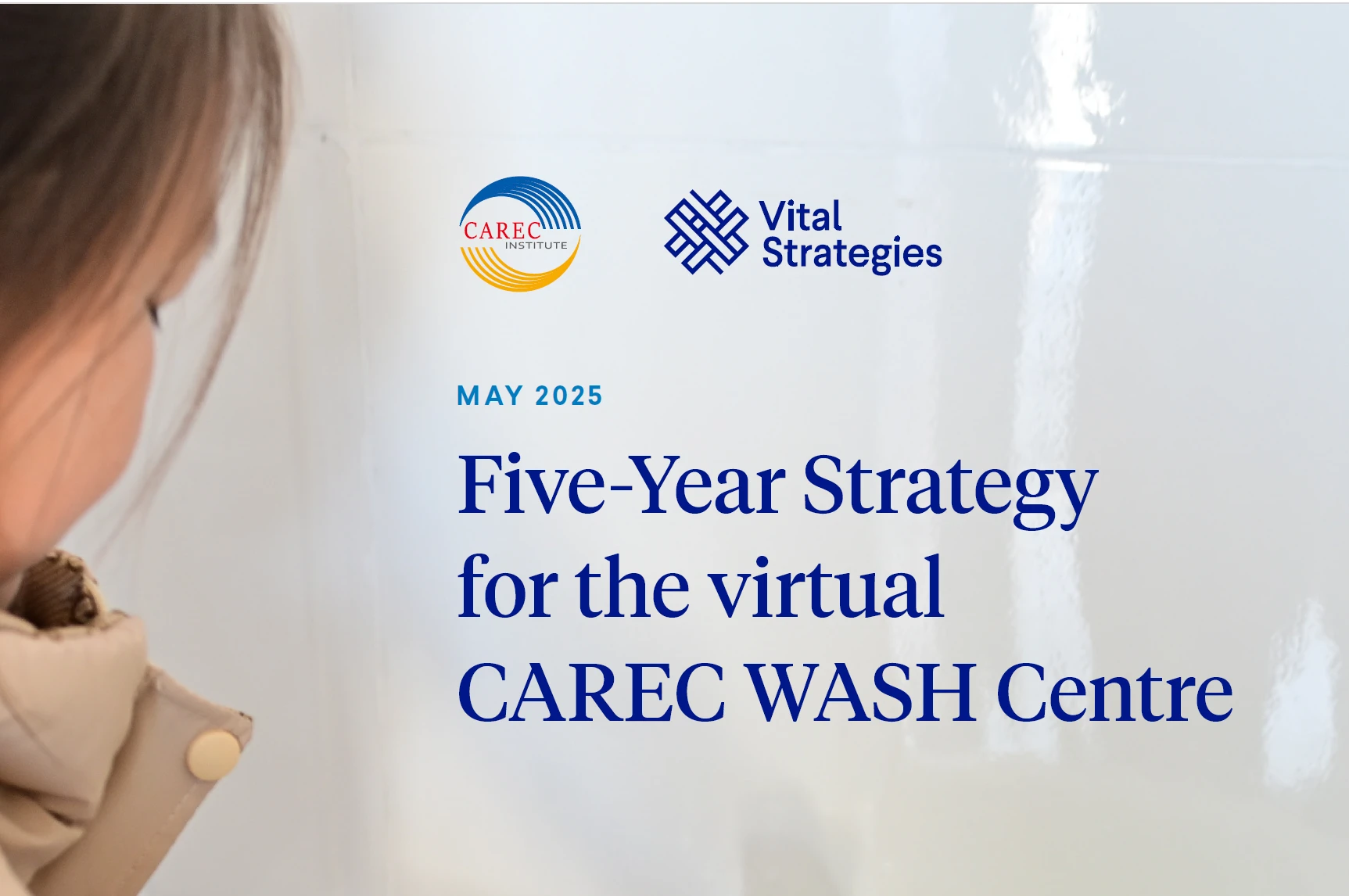
This document outlines a five-year strategy for the CAREC WASH Centre, focusing on strengthening water, sanitation, and hygiene (WASH) systems across the CAREC region. It highlights key work pillars, including knowledge sharing, capacity building, innovation in WASH technologies, policy support, and collaboration opportunities. The paper also aligns the Centre’s goals with global and regional development strategies, such as the SDGs, and emphasizes the importance of sustainable, climate-resilient WASH systems for public health and equitable access to services.
All resources
Showing results 51 - 60 of 83

The OECD, with the support of the Swedish International Development Agency (Sida), has undertaken research to better understand the current and potential role of blended finance models for water-related investments. Considering the wide variety of potential types of water-related investments, this research takes a broad…
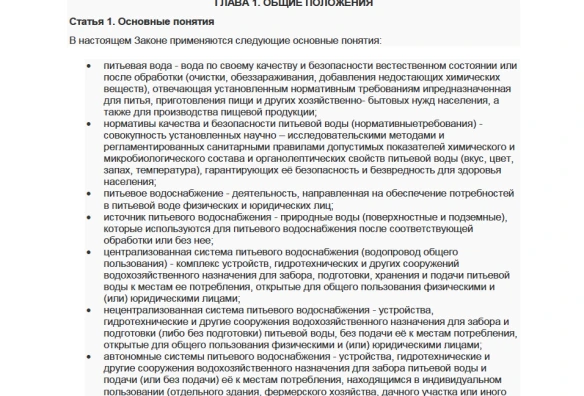
This Law establishes legal, organizational, economic, social basis of providing with drinking water and in to assignment, the state guarantees of ensuring needs for drinking water, water disposal, and also their qualities and safety.
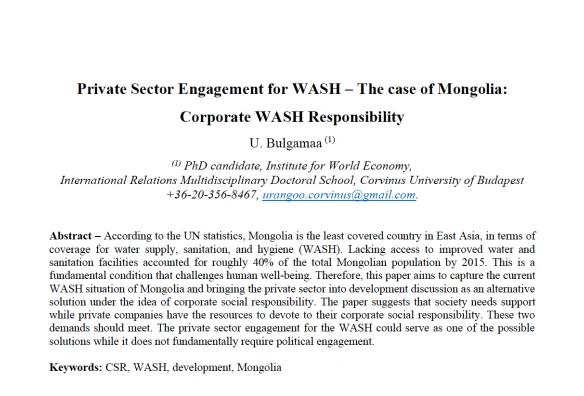
According to the UN statistics, Mongolia is the least covered country in East Asia, in terms of coverage for water supply, sanitation, and hygiene (WASH). Lacking access to improved water and sanitation facilities accounted for roughly 40% of the total Mongolian population by 2015. This is a fundamental condition that…
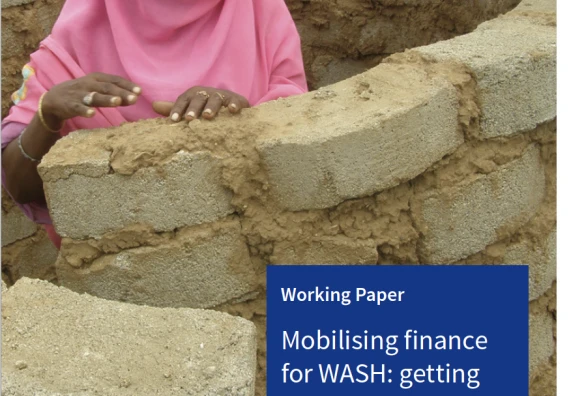
Mobilizing finance to address the SDG 6.1 and 6.2 financing gap successfully and sustainably will require more than innovative or sophisticated financial vehicles and mechanisms. To move to scale, private and public investment hinges on core foundational issues being addressed in the water sector by service providers,…
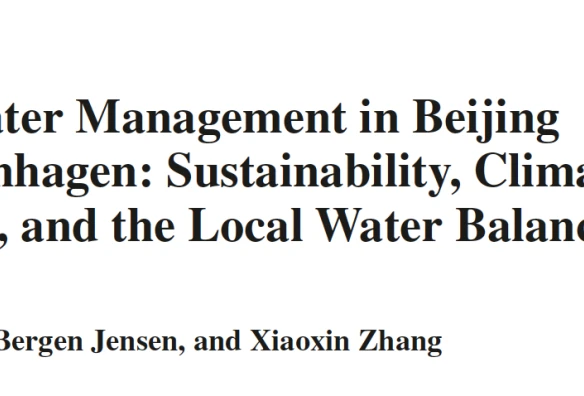
Cities play a critical role for the sustainable management of planetary freshwater. At the same time, cities need to adapt to climate change. This offers cities an opportunity to improve freshwater management. In this chapter, the authors describe the status of urban water management in Beijing and Copenhagen, from the…
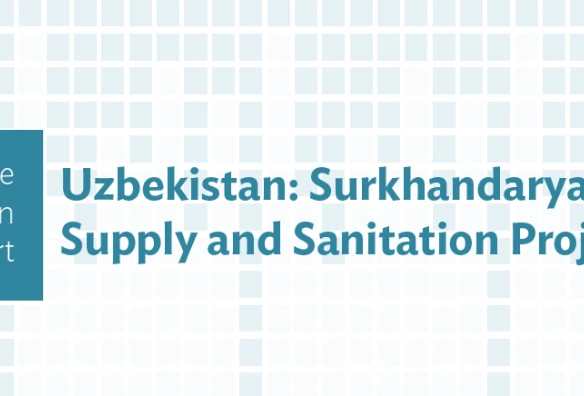
The Surkhandarya Water Supply and Sanitation Project was designed to improve water supply and sanitation services and improve hygiene through the replacement of aging and deteriorating infrastructure, hygiene promotion, and institutional support. Overall, the evaluation assessed the project successful. The project has supported…
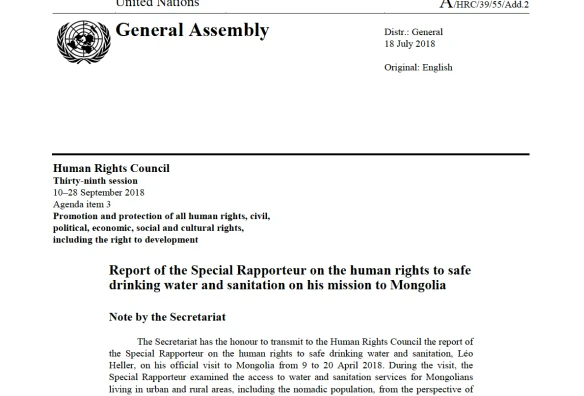
Mongolia's access to water and sanitation faces challenges influenced by its extreme continental climate, traditional lifestyles, rapid urbanization, nomadic culture, and mining activities. The harsh winters, characterized by long, dry periods and temperatures dropping to minus 40°C, significantly impact the…
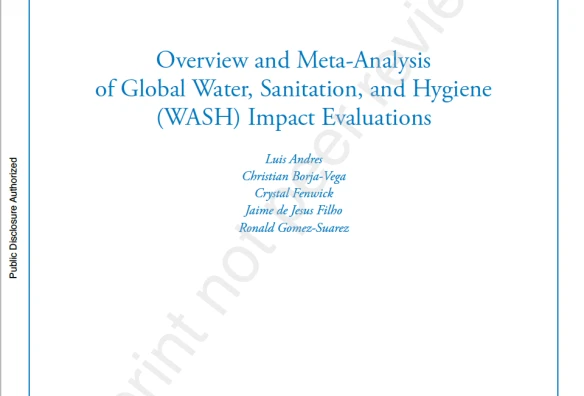
This paper presents an overview and meta-analysis of the effects of water, sanitation, and hygiene interventions around the world. It is based on 136 impact evaluations (randomized and quasi-experimental studies) that explore the effects of water, sanitation, and hygiene interventions on health and non-health outcomes, ranging…
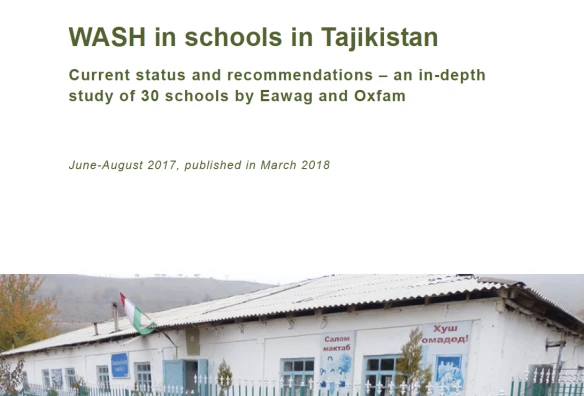
Water, sanitation and hygiene (WASH) in schools is a challenge worldwide, and Tajikistan is no exception. Oxfam has been providing water supply to schools in Tajikistan for the last years and, since recently, has been building full WASH infrastructure. WASH in schools will remain an important work-in-progress for the coming…
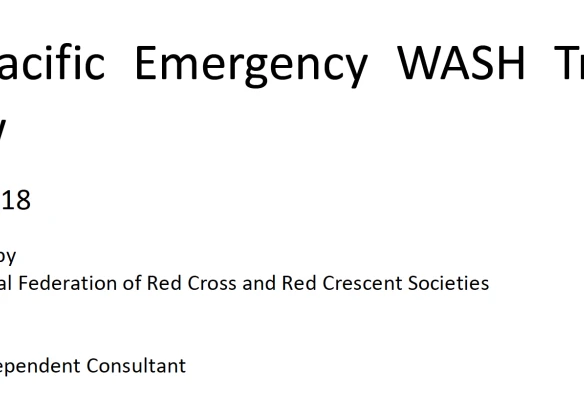
This document reviews the contribution of regional training events to emergency water, sanitation and hygiene (WASH) surge capacity in Asia Pacific (AP). It aims to inform future training plans, resource allocation and to help shape global efforts in the development of sectoral competency frameworks for surge capacity.
⬅ Previous 6 of 9 pages (There are 83 posts) Next ➡